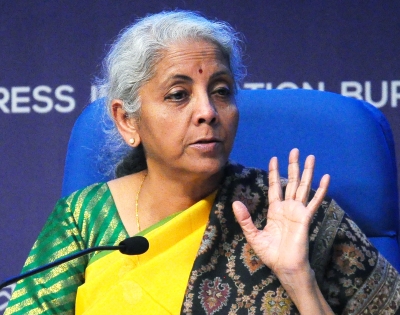 Berlin, Feb 2 (IANS) Germany’s breweries and beer warehouses increased their beer sales slightly in 2022 to around 8.8 billion litre, the Federal Statistical Office (Destatis) said.
Berlin, Feb 2 (IANS) Germany’s breweries and beer warehouses increased their beer sales slightly in 2022 to around 8.8 billion litre, the Federal Statistical Office (Destatis) said.
Although domestic sales went up 4 per cent year-on-year, they were still 5 per cent below pre-pandemic levels in 2019. Beer exports to the EU rose by 7.8 per cent, while non-EU countries imported 12.4 per cent less, Xinhua news agency reported.
In previous years, major sporting events, such as soccer World Cups, usually generated higher sales during summer. The FIFA World Cup in Qatar, which was held in winter for the first time, did not lead to increased beer consumption, Destatis noted on Wednesday.
The Radeberger Group, Germany’s largest privately owned brewery, is still satisfied with its business performance last year. The company benefitted from the “starting recovery in the gastronomy sector and the return to more normality,” the company said last week.
However, the country’s beer industry is “unlikely to reach (pre-Covid-19 levels) in the near future,” the Radeberger Group said.
The market continues to “face major challenges in view of the ongoing energy crisis, bursting domestic supply chains and dramatic cost explosions”.
In addition to high gas and electricity prices, brewing malt and packaging materials have recently become “drastically more expensive,” the German Brewers Association (DBB) said in January.
“We expect costs to remain at a high level in 2023 and in some cases to rise further,” DBB Managing Director Holger Eichele said in a statement.
Germany’s 1,500 breweries are once again facing an “extremely difficult year”. The ongoing cost pressure will also have an impact on prices.
“Numerous breweries in Germany have already announced price increases,” the DBB said.
–IANS
int/khz/









